This post may contain affiliate links, meaning at no additional cost to you I may earn a small commission when you click a product or company link. As an Amazon Associate I earn from qualifying purchases.
Have you ever wondered what would happen if you deleted Facebook from your phone without deactivating your account? Would it make any difference in your quality of life?
One of the most eye-opening experiences after getting my new iPhone was realizing just how much time I was spending on social media. Apple’s Screen Time app is genius–and also embarrassing.
Viewing my Screen Time reports, I finally realized exactly how much time social media was sucking away from my life. So I decided to find out what would happen if I deleted the Facebook app from my phone without getting rid of my Facebook account.
Here’s what might happen for you if you delete Facebook or another social media app, and some tips for making the changes stick.
Table of Contents
1. You’ll have so much more time!
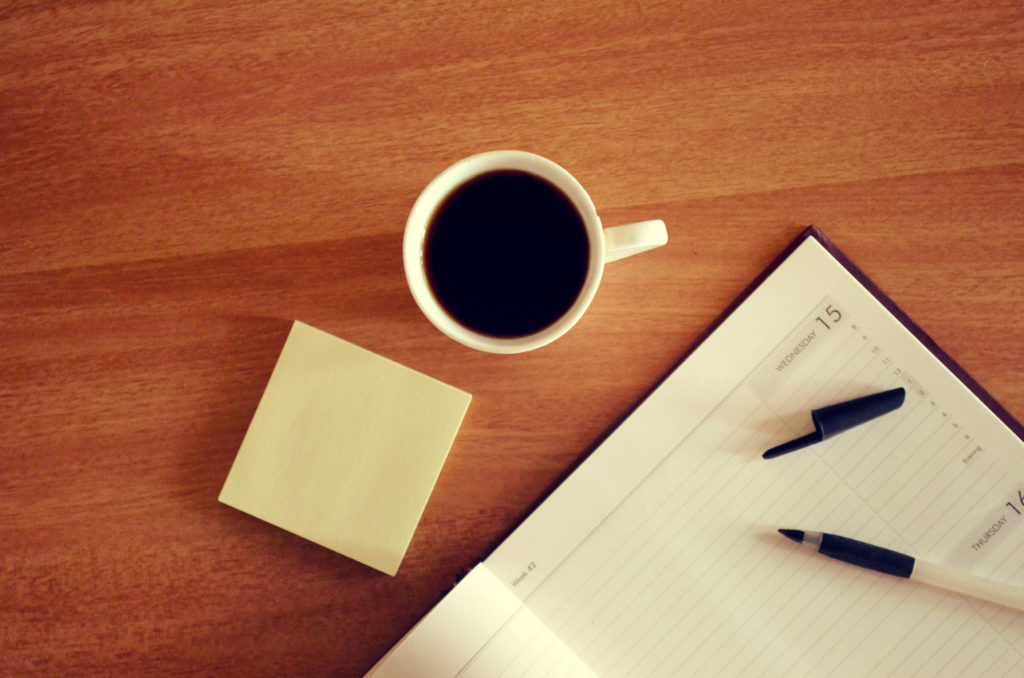
It’s funny how those quick, two-minute Facebook checks add up. Or how many of them end up turning into much longer scrolling sessions before you realize what’s happened.
But here’s the thing. You’ve probably heard that Facebook is designed to be addictive. Addiction is built right in.
It sucks you in, and the minutes add up.
Checking Facebook had become almost a nervous tic for me. My fingers knew exactly the route to take without my even thinking about it.
When I took away the ease of checking Facebook whenever I was bored or had an extra second or was just not even thinking about it, my time was freed up to focus on other things.
My to-do list became a done list.
2. You’ll be more engaged with your kids when you delete the Facebook app
I think we all want to be engaged mothers. But let’s be honest–sometimes kids are (dare I say it?) boring.
I hope it doesn’t make me a bad mother to say so…
But when my son wants me to play with him, it’s easy to think about how much more interesting something–anything–else would be than pushing toy cars across the floor while I make “vroom vroom” noises.
By the way, if you find yourself in the same boat, check out Elizabeth’s great post over at Worth Writing For on what to do if you hate playing with your kids.
Related: 15 Outstanding TED Talks That Will Make You a Better Parent
When I wrote about screen time rules for kids, I talked about the time my son asked me to play with him and followed up his request with, “And don’t look at your phone.”
So. Much. Guilt.
I am guilty of checking Facebook when I should be playing with my child. I confess.
Deleting the Facebook app, though, takes away that easy distraction and forces you to focus on time with your kids. And guess what–playing actually ends up being a lot more interesting when it gets your full focus.
I’m not perfect. I still get distracted. But I’m making a point of being intentional about how I spend my time at home with my kids.
3. You’ll have downtime that’s actually refreshing when you’re not constantly looking at your phone
Do you find yourself pulling out your phone every time you have a second of free time? I know I did.
When I deleted the Facebook app, I had less reason to just stare at my phone every time I had a breather.
It’s funny… when a break becomes an actual break instead of a chance to check in on the latest happenings, you’ll probably start to feel a little less stressed. Constant checking of our surroundings (or our phones!) can make our bodies think we’re in danger.
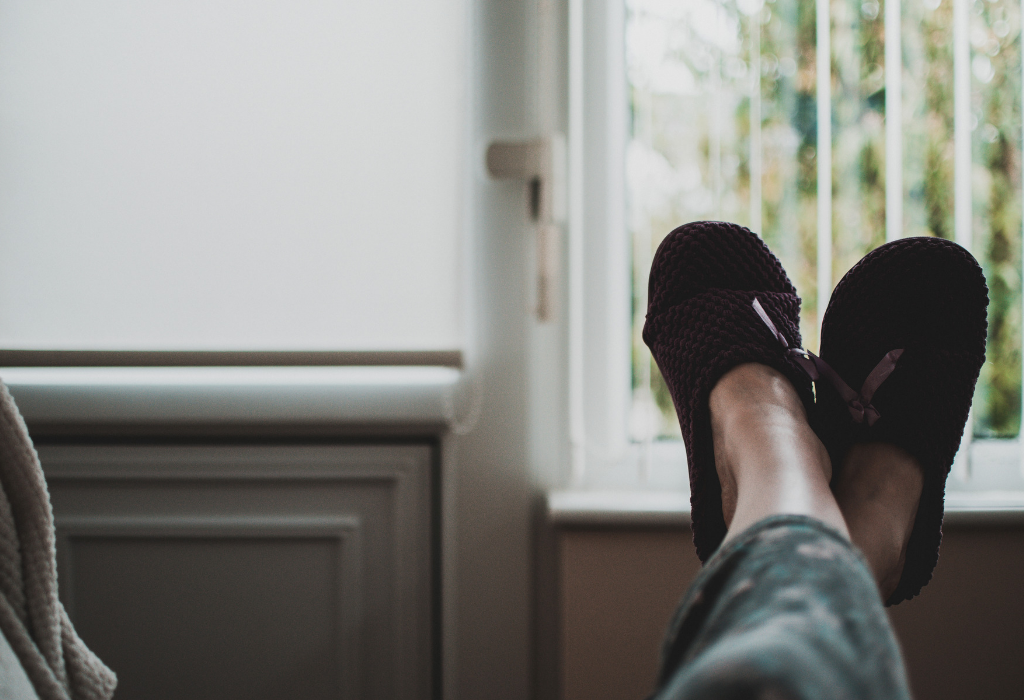
I stopped feeling like I was constantly on the go with never a minute to breathe, and life started to feel a bit more relaxed.
I also interacted with my family more when we had downtime together. We have about an hour in the car together every Sunday morning as we go to and from church, and I was able to spend that time with my family instead of on my phone.
By the way, keeping your phone off your nightstand while you sleep can have similar effects.
4. You’ll find yourself thinking and creating more
The thing about being always “on” is that you never have time to just think deeply. Check out Cal Newport’s book Deep Work for more on how crucial deep, non-distracted thinking is for creating meaningful work.
I like to think. But with the constant distraction of social media, I found I was doing less thinking and more mindless scrolling.
When I deleted the Facebook app, my mind was free to spend more time thinking about the things that matter to me. And when I spend time thinking, I’m able to turn that thinking into creative work.
If you delete Facebook, you may find you finally have time to think about the things you really care about.
5. You’ll be able to read more after you delete the Facebook app
Recently I read that when novels first became popular, people lamented that their absorptive qualities distracted people from real life.
Now many lament the fact that the internet keeps people from reading real books. The speed with which information moves on the internet keeps us from ever really digging in.
When I deleted Facebook and removed its distraction, I found I had more time to tackle my ever-growing list of books to read.

I finished The Big Leap, made good progress on Digital Minimalism and Nothing to Prove, finished a book I’ve been working on for way too long for my wellness business, and finally got through that first Harry Potter book that I’ve been meaning to read since… ummm… junior high. (This is where I’d insert an embarrassed emoji if you were reading on Facebook.)
Growing up I spent a huge amount of time reading–practically every waking moment–but lately that just hasn’t happened to the same degree. I was pleasantly surprised to find out how much more I could read when Facebook wasn’t taking up the majority of my extra time.
6. You’ll be more on top of your other obligations
I’m not the world’s best housekeeper… but I try to keep dishes washed and laundry clean. (Just don’t ask about the folding.)
When I deleted the Facebook app, I found I had more time to keep up with my other housework. I was more on top of laundry–sometimes even folding things the same day! (Where’s my awesome housekeeper award?)
I vacuumed, swept, and cleaned bathrooms and didn’t leave dishes until the last minute.
You may not be a stay-at-home mom with the same obligations I have. But I’m willing to bet there’s something that you’d do a better job at if social media weren’t distracting you.
Maybe you’ll be able to make more time for exercise and your health. Maybe it’s something else.
7. Even after you’ve deleted the Facebook app, you might still spend time on Facebook
Even after I deleted the Facebook app, I still spent time on the site. At first the difficulty of checking my account on my laptop or in my phone’s browser deterred me.
But that was a temporary fix. After a while I found that I was spending more time in those places and my social media usage was creeping back up. Yes, I was cheating the system.
When I realized what was happening, I determined my little experiment had run its course. I reinstalled the app, but I decided to be more mindful about the time I was spending there. Having seen the benefits, I’m not letting my Facebook use go back up to what it was before.
Is social media categorically bad?
I don’t believe social media is evil or that we need to eliminate it entirely. But we need to be aware of the very real effects. Social media can bring us together. But it can also drive us apart and turn us into people we never thought we’d be.
Sometimes without realizing it, I think we use social media as a way to escape real life. Like the other day, when my kids were acting up and it was rainy out and I was just plain tired after my husband had been absent a lot for a project at school, I just wanted to retreat into social media and mindlessly scroll.
But lots of other things can be escapes too. Even good things, like reading a book, can pull us away from the other things that matter to us.
That’s why I don’t plan to completely get rid of Facebook.
It’s about mindfulness
Because when you get rid of one thing, something else will fill the gap if you’re not careful. So I think the important lesson here is not elimination. Rather, it’s learning to be mindful of the things you do allow in your life so you can use them in a balanced way.

Years ago, when my husband and I were working as computer security researchers, I got rid of my Facebook account. There were some weird issues that having an account created in those circumstances. So rather than deal with those, I just deactivated my account.
And I felt like I missed everything. I didn’t see pictures of my brother’s kids. I didn’t know about important life events that were happening with my friends and family.
Everyone had grown so accustomed to sharing on Facebook that no one bothered much with text or email updates. I know these days more people are leaving the platform, so things might be different now. Recently I read an article about how much more satisfying it is to share our updates in real life or in small groups.
But for the time being, Facebook is how I stay connected with the world. It’s also how I keep up with several things related to my business. So I don’t want to get rid of it completely.
I think completely deleting the app was useful in resetting my habits, and I recommend starting there if you want to curb your social media usage.
Then, if you’re ready to get back into social media, here’s how I’m paying closer attention going forward. Here’s how I suggest making the changes stick.
Use Screen Time limits if you have an iPhone
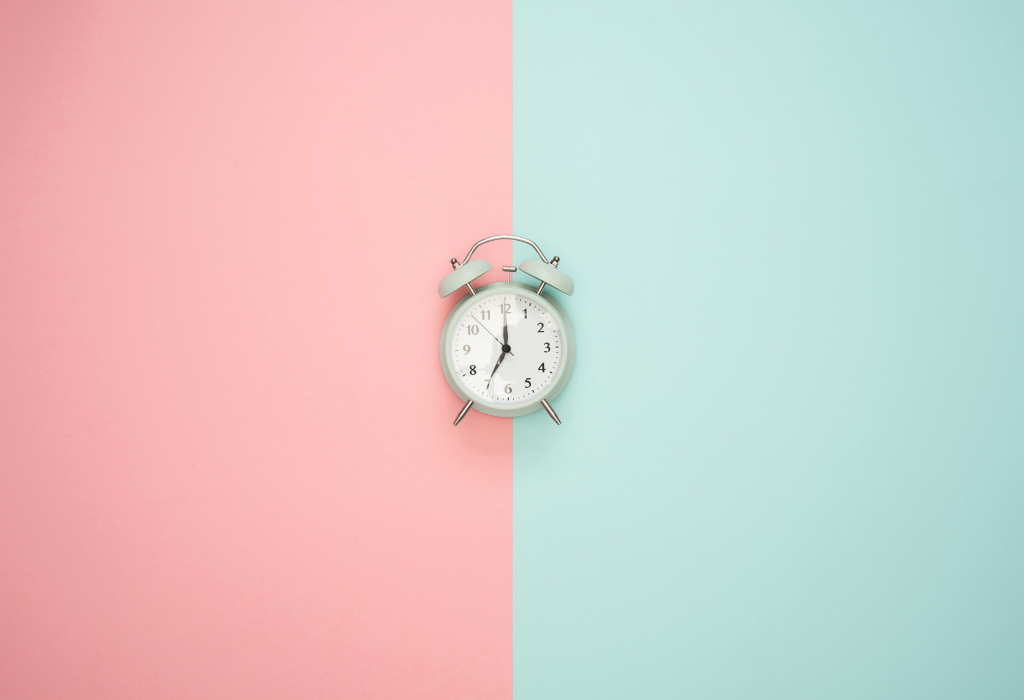
Apple’s Screen Time app is a great way to see how much time you’re spending on a particular application. Interestingly, it also tracked how much time I was spending on Facebook in the browser after I’d deleted the Facebook app from my phone. You just can’t hide!
But in addition to tracking your time spent, you can also set limits.
I initially set a pretty generous limit, based on the way I was using the app before. But I’ve found that I don’t need that much time anymore, so I’ve reduced it even more.
I do often watch business-related videos on the app, though, that tend to run longer, so we’ll see how this particular limit goes.
Turn off Facebook notifications on your phone
I turned off Facebook’s ability to notify me on my phone a long time ago, and I recommend you do the same. There’s nothing so crucial happening that it requires your immediate attention.
The less your phone notifies you, the less distracted you’ll be, and the more you’ll feel like you’ve gotten your life back. Plus, like I mentioned earlier, those constant notifications put your body into high-alert danger mode.
If you’re experiencing a lot of stress, turning off notifications is a great way to start reducing the stressed-out feelings. I’m also considering making changes to my settings to keep my email accounts from notifying my quite so frequently.
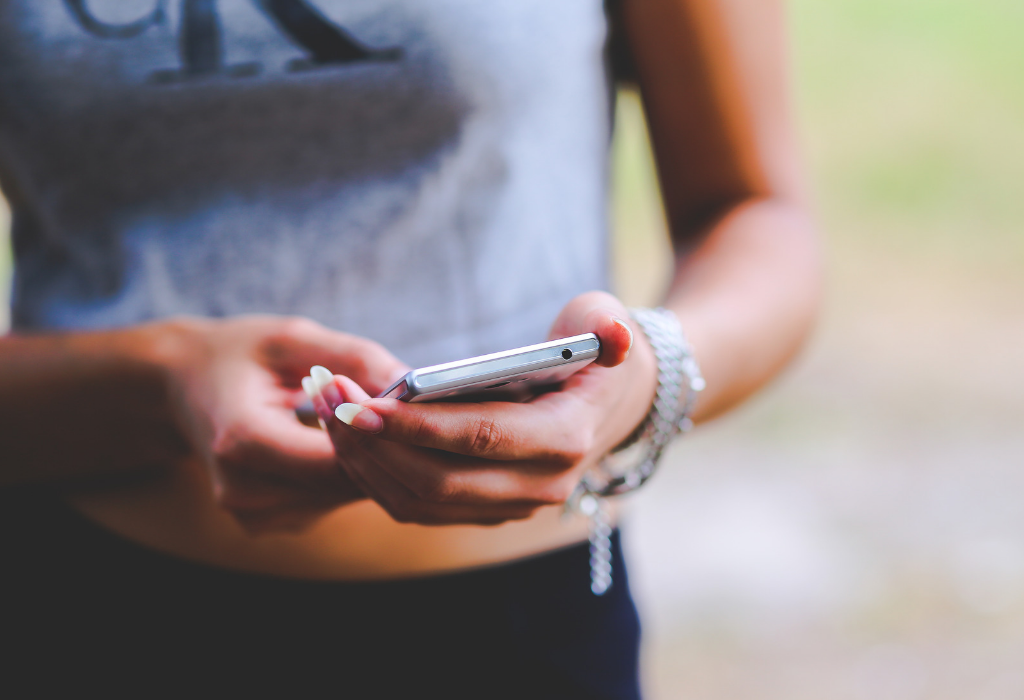
On an iPhone, you can go to Settings > Notifications > Facebook and toggle the “Allow Notifications” button to the off position.
Leave Groups
I love Facebook groups. I’ve met new people and made friends that I never would have without Facebook. I’ve learned and grown and experienced huge levels of personal growth from the insights I’ve gained.
But not all Facebook groups are good, and even the good ones aren’t good for you in all periods of your life. I’m working on a post right now about how Facebook groups negatively impacted me as a new mom. Stay tuned for that one! (And if you’re not on my mailing list, make sure you sign up so you know when the post is available.)
Sometimes you join a Facebook group that sounds interesting only to find it’s not one you actually care about. Or you don’t have the time to engage in it. Or you just kind of forget about it.
But you know how you keep getting occasional notifications for those groups? Those notifications just end up using brain cycles that would be better spent somewhere else.
So I’ve started gradually leaving those groups as the notifications pop up. When I have more time I may do a more extensive group audit, but I’m in so many it’s bound to take a long time! The end result of less distraction would probably be worth it, though.
You can also change notification settings in the groups you stay in to notify you only about popular posts. Or you can turn off notifications completely so that you see updates only when you choose to check in on the group.
Get Rid of the News Feed
This isn’t one that I’ve actually done myself, but several people I know use a plugin for Firefox or Chrome called News Feed Eradicator. It gets rid of the news feed on Facebook so that you eliminate the addictive qualities of Facebook and can be intentional about seeking out only the updates you want to see.
Related: How to Practice Intentional Living in a Digital World
A second, similar option, is to manually unfollow everyone and everything on Facebook. You will see a similarly empty news feed as a result.
Be Intentional About the Time You Are Spending on Social Media
Once we realize how social media is designed to addict us and take a break to see exactly how it affects us personally, it’s easier to take an intentional approach to the time we do spend on social media.
Deleting the Facebook app forced me to think about how I was spending my time instead of always defaulting to checking my account. I had more time for the people and the things I valued.
So far those changes have had a lasting impact, and I intend to make sure they continue to do so.
How about you? Have you ever deleted Facebook from your phone or deactivated your account? Are you thinking about doing so?
Let me know what you think!
And if you found this post useful, please consider sharing to Pinterest.
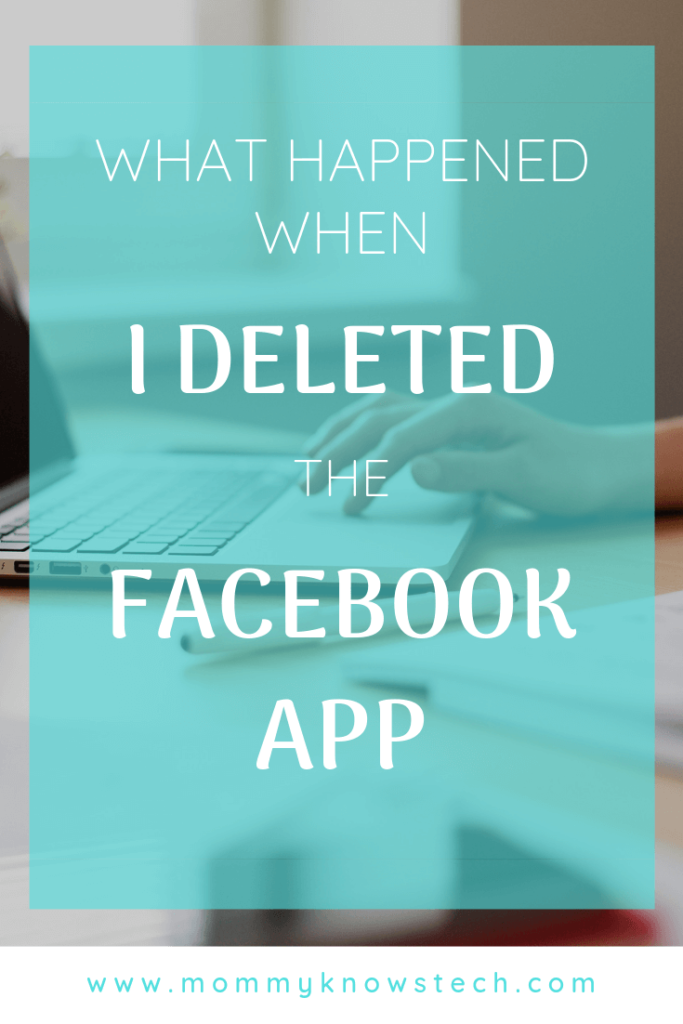

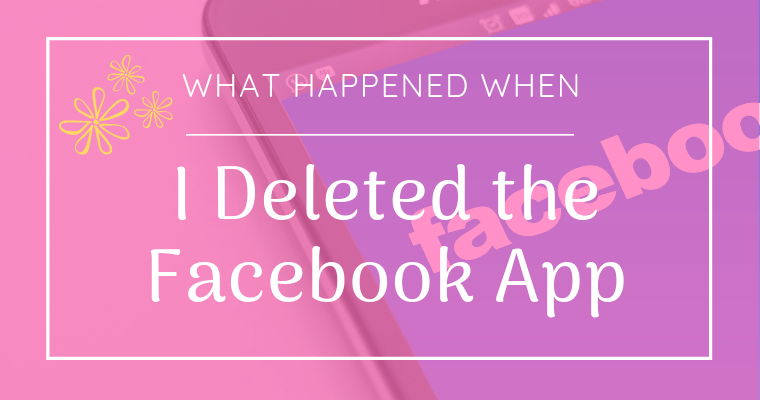
1 thought on “What Happened When I Deleted the Facebook App from My Phone”